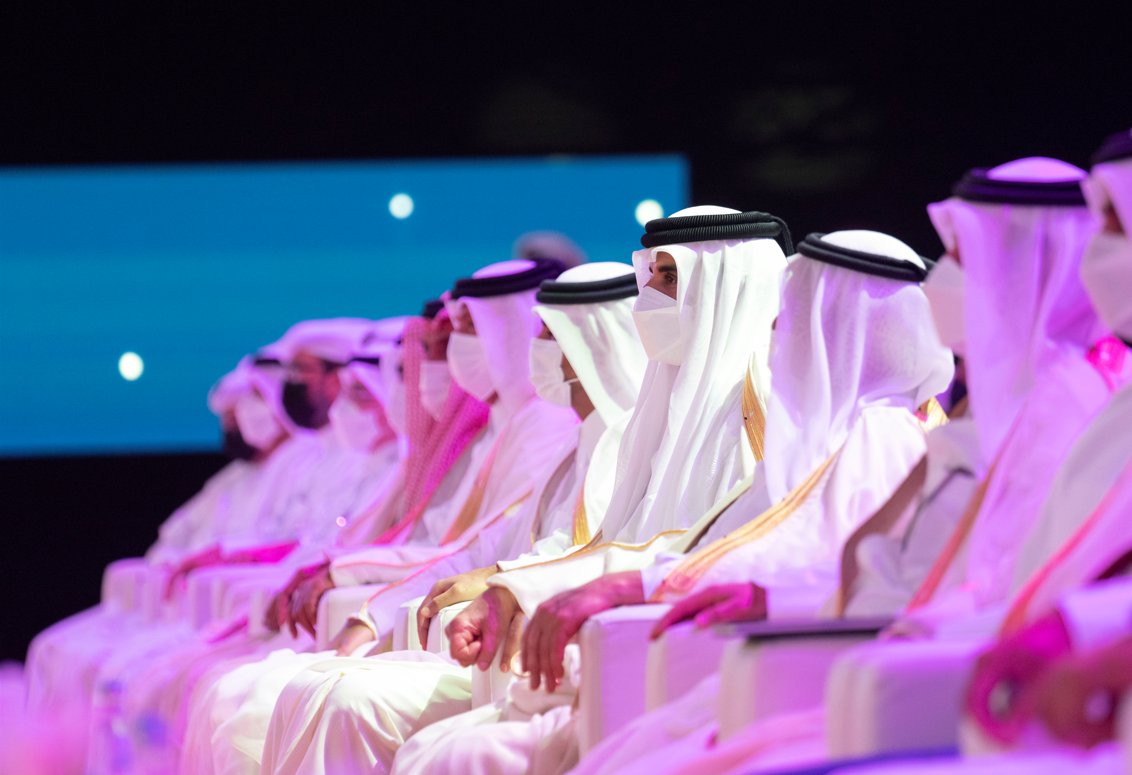Construction of the Barzan gas plant was initially scheduled for completion in 2015, but it was delayed due to pipeline network issues.
Sheikh Tamim bin Hamad Al-Thani has inaugurated the Barzan gas project, which has began operations to produce and process natural gas from the North Field. The gas plant will meet Qatar’s high domestic energy generation demands and water desalination.
The plant is set to produce approximately 1.4 billion cubic feet of gas per day from the Gulf country’s North Field, according to a statement by QatarEnergy. It will also produce “associated hydrocarbon products” to provide for local “refinery and petrochemical industries as well as for export to international markets.”
The plant is named after the popular historic Barzan Towers, also known as the Umm Salal Mohammed Fort Towers, which were originally built in the late 19th century.

The inauguration of the plant “is one of the most important energy projects in Qatar, which adds a high and qualitative value in the effort to meet our domestic natural gas needs, and in supporting Qatar’s comprehensive development and economic growth,” noted Saad Sherida Al-Kaabi, the Minister of State for Energy Affairs and the President and CEO of QatarEnergy.
The efforts to serve the country’s power demands come ahead of the grand World Cup 2022.
“With the Barzan Plant’s various products, we have achieved our important objective of the optimal exploitation of our resources from the North Field, and provided the energy needed for electricity production and water desalination, in addition to the large development projects in the country, including the facilities for hosting the 2022 FIFA World Cup and other strategic projects,” Al-Kaabi added.
The plant will assume its role in providing raw material for power and water facilities including those needed for the FIFA World Cup 2022.
During its construction phase, the project workforce reached a total number of 30,000 workers on site, while peaking at over “130 million man-hours without a Lost Time Incident,” the statement reported.
The World Cup 2022 and Qatar’s sustainability ‘milestone’
The 2022 FIFA World Cup in Qatar will be the first carbon-neutral FIFA World Cup in history.
Having the highest carbon dioxide emissions per capita worldwide, standing at more than 37 metric tons per person in 2021, Qatar has worked to implement the five sustainability commitments, which included human rights, diversity and environmental protection, with the cooperation of FIFA, the Supreme Committee for Delivery and Legacy, and the FIFA World Cup Qatar 2022 LLC.
Katrin Scholz-Barth, an internationally recognised expert in Green Roof technology and President of SustainableQATAR, challenged the credibility of carbon neutral FIFA World Cup in Qatar and said “one critical reality is that Qatar is a country with little fresh water. The average eighty millimeters of rain per year do not supply enough drinking water nor replenish aquifers.”
Since Qatar’s victory of hosting rights for the 2022 World Cup in 2010, “twelve years of lead time and vast financial resources have been invested in research and development to attain natural grass and turf pitches that satisfy FIFA’s performance specifications,” she added.
Suggesting an alternative to these cemented features, she continued, “perhaps these resources could have been diverted toward innovations on textiles and natural fibers, in collaboration with the fashion industry’s sustainability course correction, to invent natural fiber-based pitches to advance artificial turf. The return on investment would far outweigh the input not only monetarily but also in terms of reputation.”
Among its low fresh water, Qatar faces, she notes, “numerous [challenges], including transportation, waste management, building performance, accommodation, merchandise, and everything along the water-energy-food nexus, including cooling, drinking water supply, wastewater management, and food imports.”







